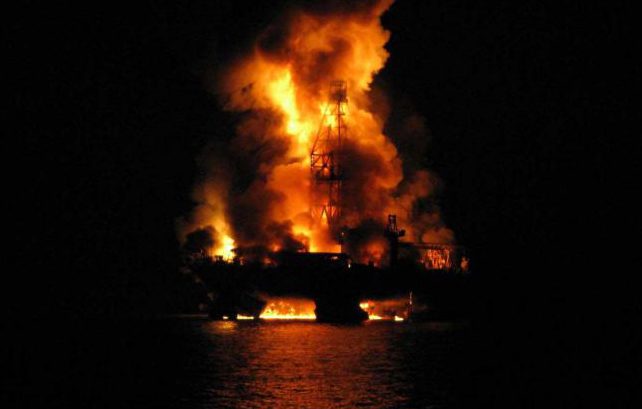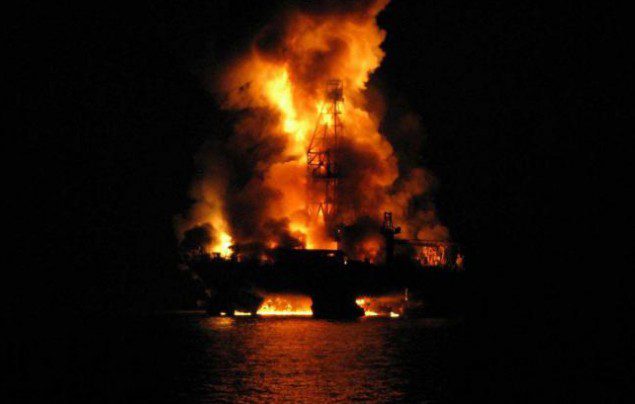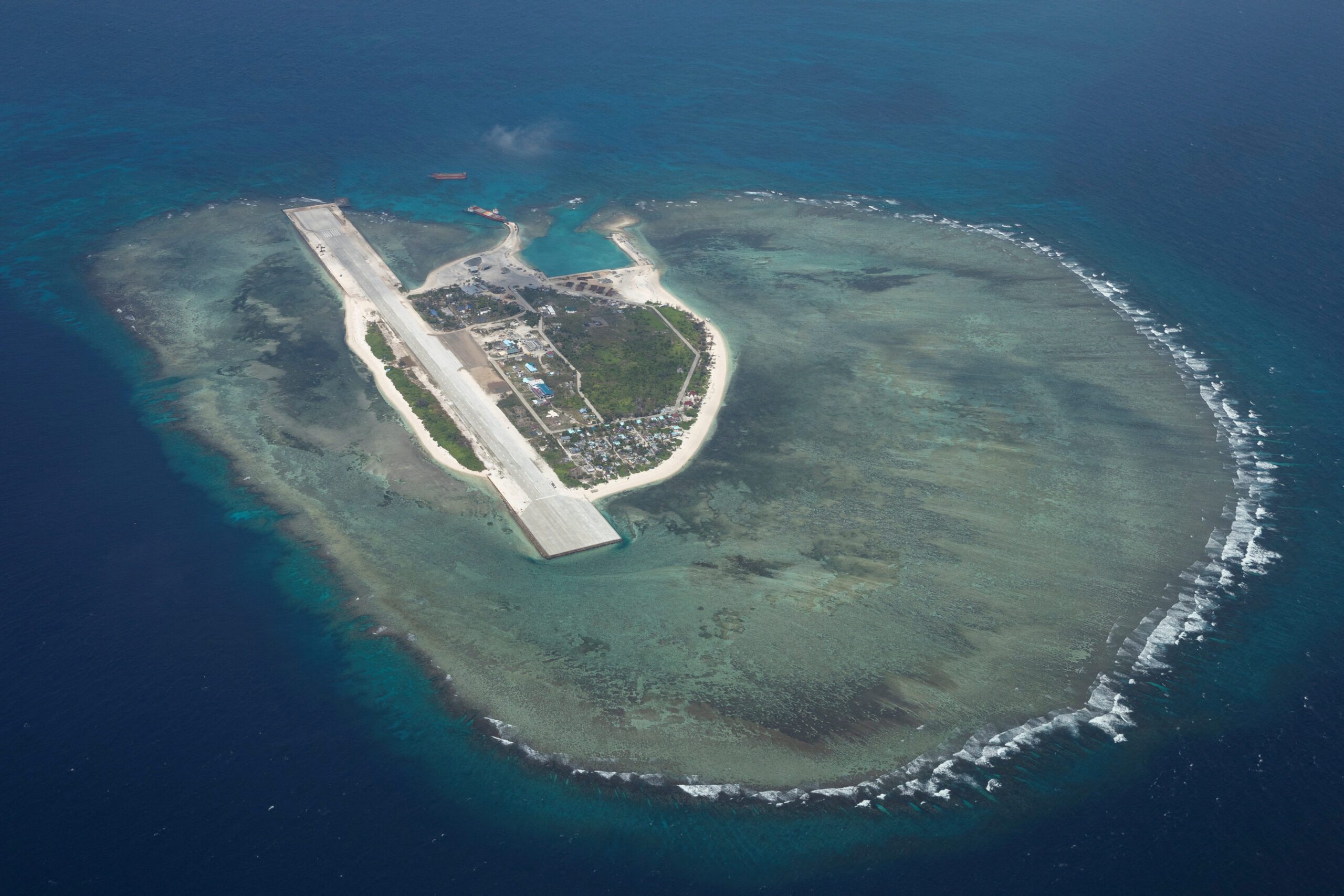(Bloomberg) — A former BP Plc engineer charged with destroying evidence sought for a U.S. probe of the 2010 Gulf of Mexico oil spill lost his bid to have one of the two charges against him dismissed.
Kurt Mix, who was charged with obstruction of justice for allegedly deleting text-message strings from his mobile phone, said one of the counts, covering 182 messages to a contractor, should be dismissed before trial as a matter of law because the content of the texts was “patently innocuous.”
The issue should be determined by a jury, U.S. District Judge Stanwood Duval said at a hearing in New Orleans today. Many of the texts appeared innocuous, while “others might have meaning which the court can’t divine now.” Duval said.
Mix’s lawyer Joan McPhee declined to comment after the ruling.
“He’s the last person who deserves to be sitting in this courtroom on obstruction of justice charges,” McPhee told the judge at today’s hearing. “Count two can and should be dismissed now.”
Mix knew he wasn’t supposed to delete anything as the U.S. investigated the 2010 incident, prosecutor Richard Pickens told the court today.
Only Issue
“The only issue before the court is whether he had a wrongful purpose,” Pickens said. “Simply denying a grand jury the opportunity to examine whether or not material was relevant — that’s obstruction. It’s just that simple.”
The blowout and explosion on the Deepwater Horizon drilling rig killed 11 workers and started millions of barrels of crude leaking into the Gulf. It also set off hundreds of lawsuits against BP, its partners and contractors on the project.
Mix’s prosecution is the first criminal case to arise from the 2010 spill.
Mix pleaded not guilty and faces a Feb. 25 trial. Duval said today he may change the date.
The former engineer worked on BP efforts to estimate the amount of oil leaking from the Macondo well. The two counts of the indictment concern text messages between him and the contractor and another string with his supervisor.
More Cases
The U.S. Justice Department, which began investigating the incident in June 2010, said in April it was weighing whether to file more charges. More cases are likely, U.S. Attorney General Eric Holder said earlier this year.
A grand jury had been investigating the spill estimates, Special Agent Barbara O’Donnell of the Federal Bureau of Investigation said in a sworn statement in April.
“Mix deleted numerous electronic records relating to the Deepwater Horizon disaster response, including records concerning the amount of oil potentially flowing from the well, after being repeatedly informed of his obligation to maintain such records,” O’Donnell said in the statement.
Mix deleted the e-mails in October 2010 despite receiving notices from London-based BP in the weeks after the spill, “which stated on the cover, in bold and underlined type, that instant messages and text messages needed to be preserved,” the government said in a May 2 indictment.
Saved Messages
Mix brought the deletions to the attention of the government, McPhee said at his arraignment.
“Mr. Mix saved thousands of e-mails and hundreds of text messages,” the defense lawyer said. The information saved includes flow-rate data, work on the efforts to contain the spill and his personal log notes, she said.
BP shareholders claim in a lawsuit in federal court in Houston that the company understated the extent of the spill. The investors, who are seeking to be allowed to sue BP in a class, or group, action, say the company downplayed the size of the spill to bolster share prices.
The criminal case is U.S. v. Mix, 12-cr-00171, U.S. District Court, Eastern District of Louisiana (New Orleans).
-Margaret Cronin Fisk and Allen Johnson Jr., Copyright 2012 Bloomberg.

 Join The Club
Join The Club












